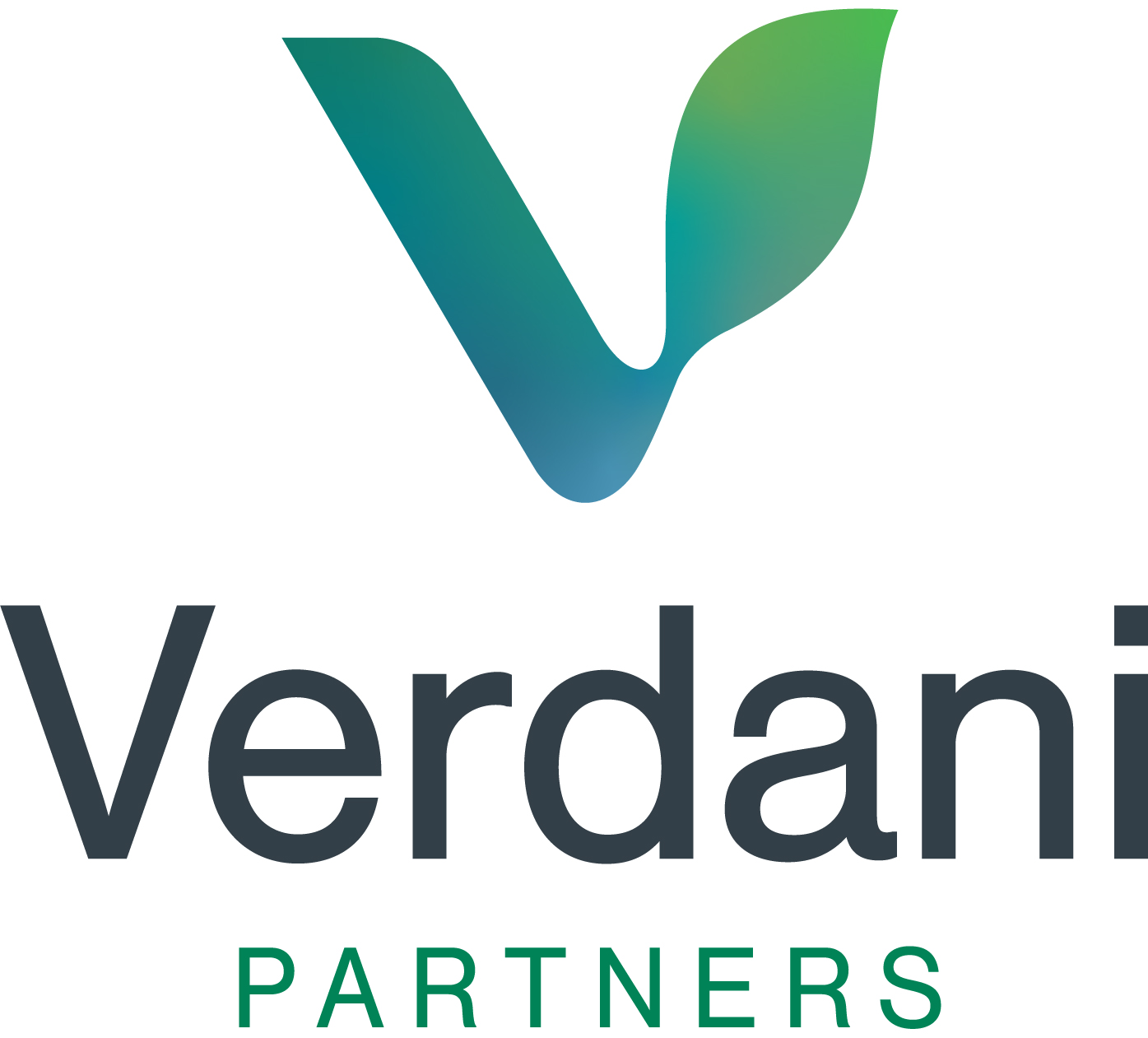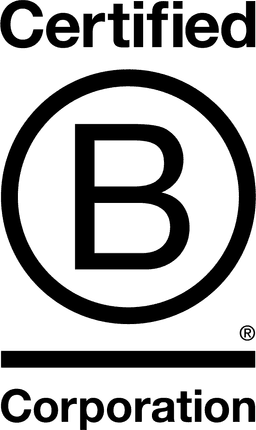

Verdani LLC

California, United States
April 2023
Environmental consulting
Service with Minor Environmental Footprint
United States
Verdani LLC (d/b/a Verdani Partners) is a leading ESG consulting firm with team members with over 25 years of experience in real estate, sustainability, and ESG. Verdani manages ESG programs for over 20 real estate firms with over $660 billion AUM and more than 8,900 properties across 1.3 billion square feet of diversified, global portfolios. Verdani’s vision is for a sustainable world in which the built environment is a catalyst for inclusive and collaborative impact, driving efficiency, health, and regeneration to ensure long-term resilience. Verdani develops and implements strategies such as climate resilience, decarbonization, net zero, healthy buildings, biodiversity, DEI, data management, green building certifications, ESG frameworks, regulatory and annual reporting, ESG education, and stakeholder engagement. Verdani provides clients with a team of professionals to manage customized ESG programs on an ongoing basis from an owners' perspective. By leveraging Verdani’s deep sustainability expertise, resources, and industry connections, clients accelerate performance, minimize risk, and create long-term value. As a testament to the strength of Verdani’s programs, its clients consistently rank #1, #2, and in the top five among their peers on global real estate ESG benchmarks.
Overall B Impact Score
Governance 16.8
Governance evaluates a company's overall mission, engagement around its social/environmental impact, ethics, and transparency. This section also evaluates the ability of a company to protect their mission and formally consider stakeholders in decision making through their corporate structure (e.g. benefit corporation) or corporate governing documents.
What is this? A company with an Impact Business Model is intentionally designed to create a specific positive outcome for one of its stakeholders - such as workers, community, environment, or customers.
Workers 30.0
Workers evaluates a company’s contributions to its employees’ financial security, health & safety, wellness, career development, and engagement & satisfaction. In addition, this section recognizes business models designed to benefit workers, such as companies that are at least 40% owned by non-executive employees and those that have workforce development programs to support individuals with barriers to employment.
Community 22.3
Community evaluates a company’s engagement with and impact on the communities in which it operates, hires from, and sources from. Topics include diversity, equity & inclusion, economic impact, civic engagement, charitable giving, and supply chain management. In addition, this section recognizes business models that are designed to address specific community-oriented problems, such as poverty alleviation through fair trade sourcing or distribution via microenterprises, producer cooperative models, locally focused economic development, and formal charitable giving commitments.
Environment 11.4
Environment evaluates a company’s overall environmental management practices as well as its impact on the air, climate, water, land, and biodiversity. This includes the direct impact of a company’s operations and, when applicable its supply chain and distribution channels. This section also recognizes companies with environmentally innovative production processes and those that sell products or services that have a positive environmental impact. Some examples might include products and services that create renewable energy, reduce consumption or waste, conserve land or wildlife, provide less toxic alternatives to the market, or educate people about environmental problems.
Customers 24.2
Customers evaluates a company’s stewardship of its customers through the quality of its products and services, ethical marketing, data privacy and security, and feedback channels. In addition, this section recognizes products or services that are designed to address a particular social problem for or through its customers, such as health or educational products, arts & media products, serving underserved customers/clients, and services that improve the social impact of other businesses or organizations.
What is this? A company with an Impact Business Model is intentionally designed to create a specific positive outcome for one of its stakeholders - such as workers, community, environment, or customers.